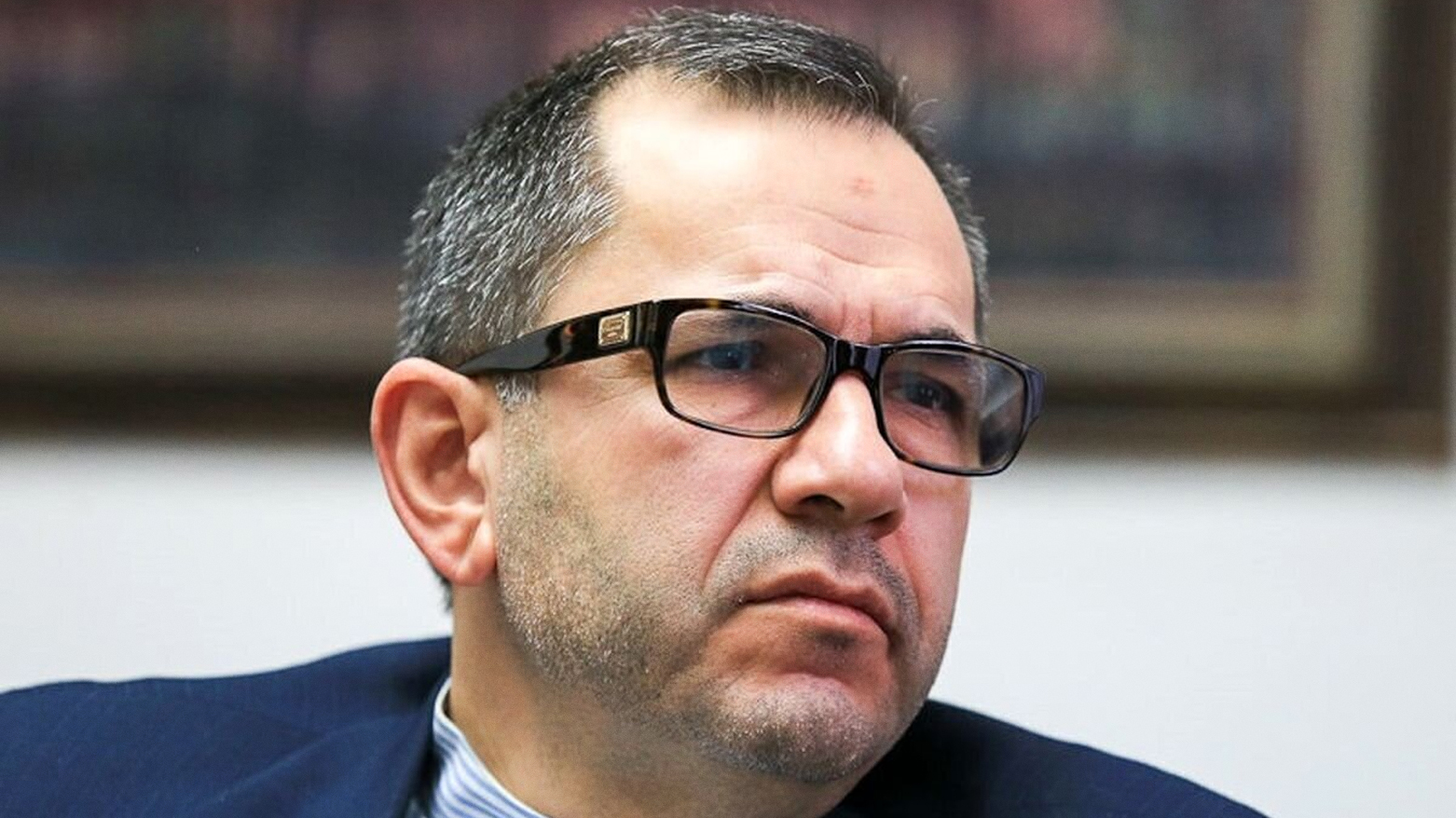Iran Offers Nuclear Limits for Sanctions Relief; Vows Enrichment Nonnegotiable
Iranian deputy foreign minister, Takht-Ravanchi, cited by Tasnim, said Tehran could accept limits on its nuclear program for sanctions relief but will never stop uranium enrichment, which it considers a nonnegotiable right and a necessity for self-reliance.

ERBIL (Kurdistan24) — In a significant declaration outlining potential pathways for diplomatic progress, a senior Iranian official has stated that Tehran is prepared to accept certain limitations on its nuclear program in exchange for the complete lifting of punitive economic sanctions, while firmly asserting that a total cessation of uranium enrichment is a nonnegotiable red line for the country.
The remarks, made by an Iranian deputy foreign minister and reported by the Tasnim News Agency, signal a defined area of flexibility from Tehran amidst ongoing international scrutiny of its nuclear activities.
Speaking in an interview with Kyodo News on Saturday, Deputy Foreign Minister Majid Takht Ravanchi detailed the specific parameters of Tehran’s negotiating position.
He indicated that while Iran is willing to be adaptable regarding the scope of its enrichment activities, it will not relinquish the fundamental capability itself.
"Iran can be flexible on the capacities and limits of enrichment, but cannot agree to stop enrichment under any circumstance because it's essential, and we need to rely on ourselves, not on empty promises," Mr. Takht Ravanchi stated, according to the report from Tasnim.
The report from the Tasnim News Agency further contextualized the deputy foreign minister's comments within the broader, long-standing policy of the Islamic Republic.
The news agency noted that Iranian officials have consistently made it clear that Tehran will not compromise on what it considers its inalienable right to develop and utilize peaceful nuclear technology, a right that explicitly includes the process of uranium enrichment.
Mr. Takht Ravanchi’s statement, therefore, appears not as a deviation from this policy but as a clarification of where, within that established framework, room for negotiation and compromise might exist.
The offer to discuss "capacities and limits" suggests a willingness to engage on technical details such as the number and type of centrifuges in operation or the levels to which uranium is enriched, provided that the core right to enrich is preserved and substantial sanctions relief is secured.
Furthermore, the Tasnim News Agency report shed light on how Tehran perceives the position of its primary adversary in the nuclear standoff.
According to the agency, Iran views the American diplomatic approach as being closely aligned with the hardline demands articulated by Israeli Prime Minister Benjamin Netanyahu.
This perspective holds that the ultimate goal of the United States is to achieve a state of "zero enrichment" inside Iran, a condition that Tehran has repeatedly and emphatically rejected as unacceptable.
This framing underscores the profound gap that remains between the negotiating parties and highlights Iran’s view that it is confronting a maximalist position that seeks to entirely dismantle a key component of its nuclear program, a demand it sees as both a violation of its sovereign rights and a threat to its national security and technological independence.
